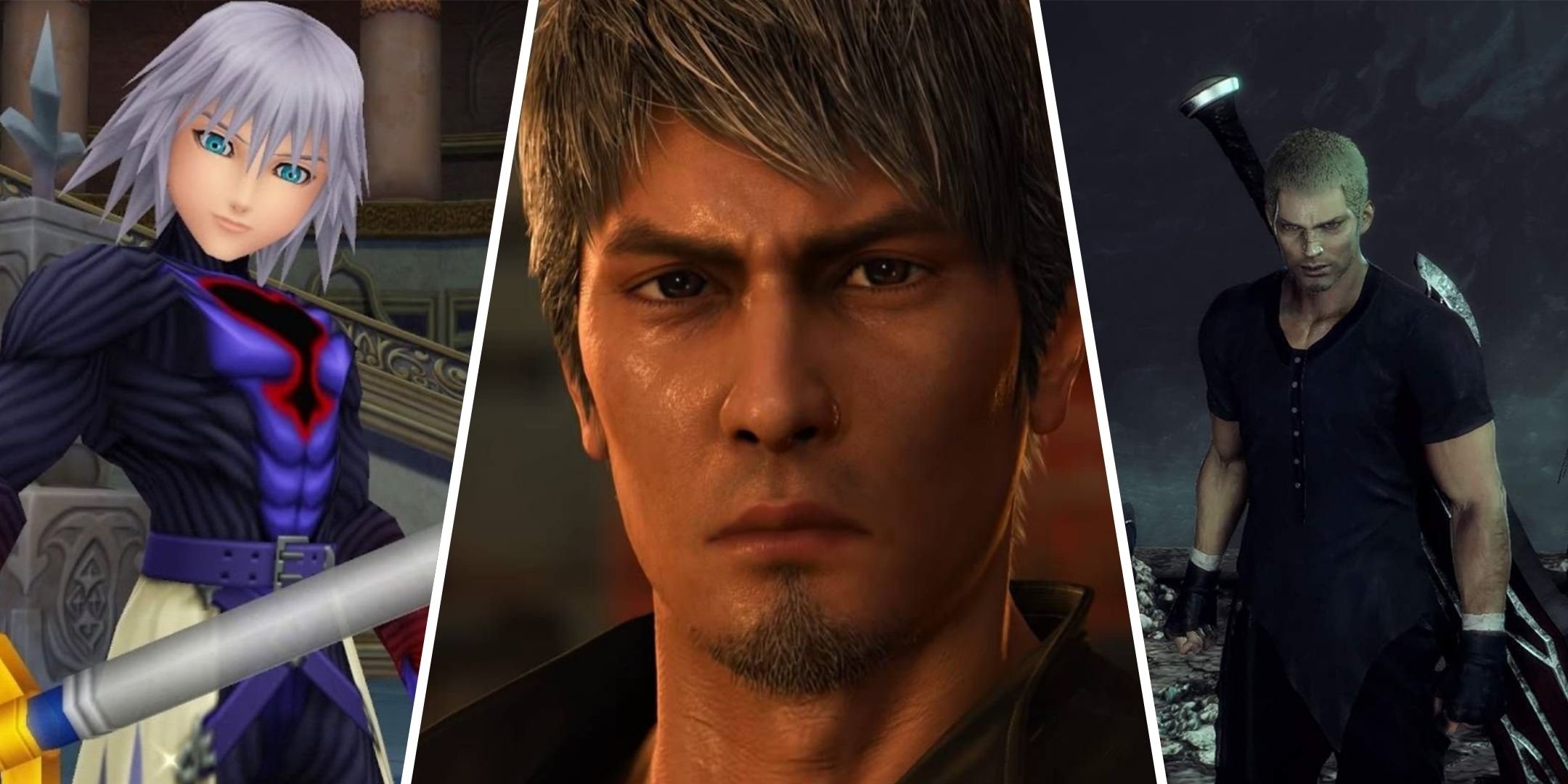
## The Allure of the Antihero in JRPGs: A Study in Moral Ambiguity
Japanese role-playing games (JRPGs) are renowned for their richly developed characters and intricate narratives. Among the most compelling figures in this genre are the antiheroes – protagonists or supporting characters who defy traditional heroic archetypes. These individuals operate outside conventional moral boundaries, pursuing their own agendas through morally ambiguous methods, often challenging ethical norms while battling enemies or striving for their ideals. While gamers are accustomed to playing as straightforward heroes, the well-crafted antihero offers a refreshing and often more relatable protagonist.
A successful antihero is characterized by their inherent humanity, undeniable charisma, and palpable vulnerability, even amidst their controversial choices. Their flaws and complex motivations foster a deeper emotional connection with players, allowing for a more nuanced and engaging experience. The questionable actions of these characters often mask a noble purpose or reveal an internal conflict, ultimately winning the hearts of players and cementing their status as memorable figures.
### Notable Examples of Antiheroic Protagonists in JRPGs
Several JRPGs feature iconic antiheroes whose stories illustrate the multifaceted nature of this character archetype. Bowser, the King of the Koopas from the *Super Mario RPG* series, exemplifies this transformation. Initially a stereotypical villain obsessed with kidnapping Princess Peach, *Super Mario RPG* redefined Bowser, showcasing his charismatic personality and humorous dialogue, earning him a place in the party and solidifying his iconic status. This development showcased the potential for even established villains to evolve into compelling antiheroes.
Yuri Lowell from *Tales of Vesperia* embodies the antihero who takes justice into his own hands. A tough and charismatic ex-knight, Yuri circumvents legal channels to confront corruption, displaying a notable maturity and sarcastic wit that resonates particularly well with older players. His prioritization of results over conventional methods makes him a compelling and thought-provoking protagonist.
Jack Garland from *Stranger of Paradise Final Fantasy Origin*, initially presented as an antihero driven by a desire to destroy Chaos, undergoes a significant character arc. He transcends the typical antihero archetype, ultimately sacrificing himself to secure a better future and accepting his role as a villain crucial to restoring balance.
Joshua Bright from the *Trails* series grapples with childhood trauma and manipulation, becoming a skilled assassin before finding redemption as a Bracer. His past haunts him, creating an internal tension that adds layers of complexity to his heroic efforts, showcasing the lasting impact of trauma and the difficult path to redemption.
Riku from the *Kingdom Hearts* series demonstrates a compelling redemption arc. Initially manipulated by darkness, he overcomes his internal conflicts through self-discovery and the strength of his friendships, embodying the series’ central theme of the balance between light and darkness.
Ashley Riot from *Vagrant Story*, a reserved Riskbreaker burdened by manipulated memories, exemplifies the morally ambiguous antihero. His decisions, driven by a complex mix of guilt, anger, and a distorted sense of justice, make him a captivating and enigmatic figure.
Magus from *Chrono Trigger*, initially presented as an antagonist, becomes a recruitable party member driven by a desire for revenge. Although his alliance with the protagonists stems from mutual interest rather than a moral shift, his complexity and occasional compassionate moments create a memorable and nuanced character.
Delita Heiral from *Final Fantasy Tactics* embodies moral ambiguity, using questionable methods to achieve his goals of social justice. Driven by resentment towards systemic corruption and a desire for equality, he blurs the line between antihero and antagonist.
Kazuma Kiryu from the *Yakuza* series, while not strictly a JRPG protagonist in the later iterations, exemplifies the complexities of an antihero. A former Yakuza member, he operates in a morally gray area, balancing his criminal past with a commitment to protecting others, showcasing the complexities of redemption within a criminal underworld.
Finally, Yuri Hyuga from *Shadow Hearts* stands out with his sarcastic personality and impulsive nature, juxtaposed with a strong sense of justice. His use of dark powers and unconventional methods reinforces his moral uncertainty, creating a compelling and unforgettable antihero.
These examples illustrate the diverse range of antiheroic protagonists found in JRPGs, demonstrating the genre’s capacity for exploring complex moral dilemmas and creating compelling, relatable, and deeply memorable characters. The antihero’s appeal lies in their relatable flaws, their struggles, and their ultimate capacity for growth and even redemption, offering a richer and more thought-provoking narrative experience than the traditional, flawlessly heroic archetype.

